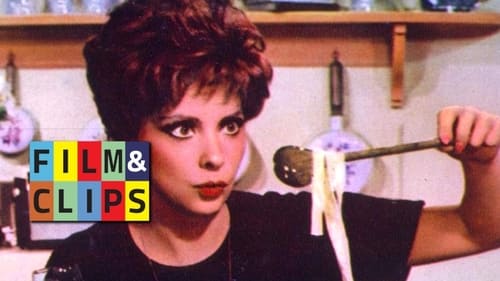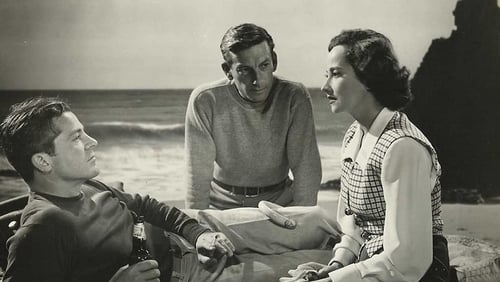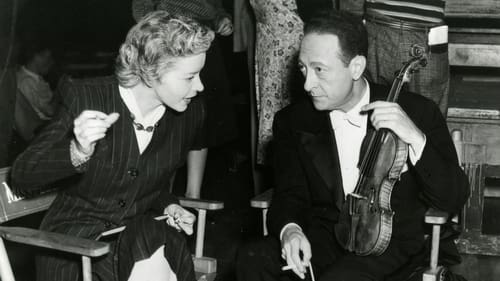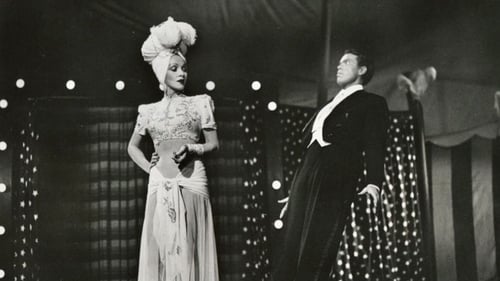Arthur Rubinstein
Birth : 1887-01-28, Lódz, Poland
Death : 1982-12-20
History
Arthur Rubinstein (Polish: Artur Rubinstein; 28 January 1887 – 20 December 1982) was a Polish-American pianist. He is widely regarded as one of the greatest pianists of all time. He received international acclaim for his performances of the music written by a variety of composers and many regard him as one of the greatest Chopin interpreters of his time. He played in public for eight decades.
Artur Rubinstein was born in Łódź, Congress Poland (part of the Russian Empire for the entire time Rubinstein resided there) on 28 January 1887, to a Jewish family. He was the youngest of seven children of Felicja Blima Fajga (née Heiman) and Izaak Rubinstein. His father owned a small textile factory.
Rubinstein's birth name was to be Leo, but his eight-year-old brother claimed that "His name must be Artur. Since Artur X (a neighbour's son) plays the violin so nicely, the baby may also become a great musician!". Thus, he was called Artur, although in English-speaking countries, he preferred to be known as Arthur Rubinstein. His United States impresario Sol Hurok, however, insisted he be billed as Artur, and records were released in the West under both versions of his name.
At age two, Rubinstein demonstrated absolute pitch and a fascination with the piano, watching his elder sister's piano lessons. By the age of four, he was recognised as a child prodigy. His father had a predilection for the violin and offered Rubinstein a violin; but Rubinstein rejected it because he thought his instinct was for harmony and polyphony. The Hungarian violinist Joseph Joachim, on hearing the four-year-old child play the piano, was greatly impressed, telling Arthur's family, "This boy may become a very great musician—he certainly has the talent for it... When the time comes for serious study, bring him to me, and I shall be glad to supervise his artistic education." On 14 December 1894, seven-year-old Arthur Rubinstein had his debut with pieces by Mozart, Schubert and Mendelssohn.
When he became ten years of age, Rubinstein moved to Berlin to continue his studies, and gave his first performance with the Berlin Philharmonic in 1900, at the age of 13. Joseph Joachim recommended Karl Heinrich Barth as the boy's piano teacher. As a student of Barth, Rubinstein inherited a renowned pedagogical lineage: Barth was himself a pupil of Liszt, who had been taught by Czerny, who had in turn been a pupil of Beethoven.
In 1904, Rubinstein moved to Paris to launch his career in earnest, where he met the composers Maurice Ravel and Paul Dukas and the violinist Jacques Thibaud. He also played Camille Saint-Saëns' Piano Concerto No. 2 in the presence of the composer. Through the family of Juliusz Wertheim, whose understanding of Chopin's genius inspired Rubinstein, he formed friendships with the violinist Paul Kochanski and composer Karol Szymanowski. ...
Source: Article "Arthur Rubinstein" from Wikipedia in English, licensed under CC-BY-SA 3.0.







